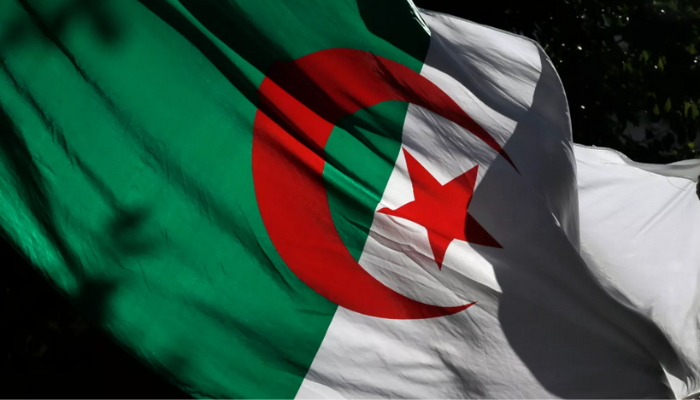
Algeria has issued an expulsion order to 12 French embassy staff, demanding their departure within 48 hours. The diplomatic fallout follows a recent French investigation into the alleged kidnapping of Algerian social media personality Amir Boukhors, widely known online as Amir DZ.
The French foreign ministry confirmed the expulsion order on Monday, identifying the move as a retaliatory step by Algiers. It follows the indictment in France of three Algerian nationals—one reportedly affiliated with the Algerian consulate—for involvement in the abduction of Boukhors in a Paris suburb in April 2024.
Amir DZ, a prominent TikTok influencer and outspoken critic of the Algerian government, has lived in France since 2016. He was granted political asylum in 2023 after facing allegations in Algeria relating to fraud and terrorism. His brief abduction last year, which ended with his release the next day, has become a flashpoint in already strained Franco-Algerian relations.
The French government has urged Algeria to reverse its decision, warning that Paris will be compelled to take reciprocal action if the expulsion is enforced. French Foreign Minister Jean-Noël Barrot emphasized the seriousness of the situation, connecting the diplomatic move directly to the criminal proceedings in France.
A Relationship Under Pressure
Relations between France and Algeria have been historically complex due to colonial legacy issues, but diplomatic friction has intensified in recent months. Tensions significantly escalated in July 2024 when President Emmanuel Macron recognized Moroccan sovereignty over Western Sahara—an issue of deep political sensitivity in Algeria.
Additional disputes have followed, including the imprisonment of 80-year-old French-Algerian author Boualem Sansal. Sentenced to five years in an Algerian prison in November 2024 for allegedly threatening national unity, his case has sparked international concern and condemnation from the French government.
France has also clashed with Algeria over deportation policies, particularly regarding Algerian nationals deemed security threats. Despite efforts to mend ties, including a recent phone call between Macron and Algerian President Abdelmadjid Tebboune on 31 March, the current diplomatic standoff marks a setback.
Barrot had recently expressed optimism about renewed cooperation between Paris and Algiers, but the expulsion order suggests deeper fractures beneath the surface.
As the 48-hour deadline approaches, international observers are closely watching how both nations will respond, with potential implications for broader Euro-Maghreb relations and regional diplomacy.
